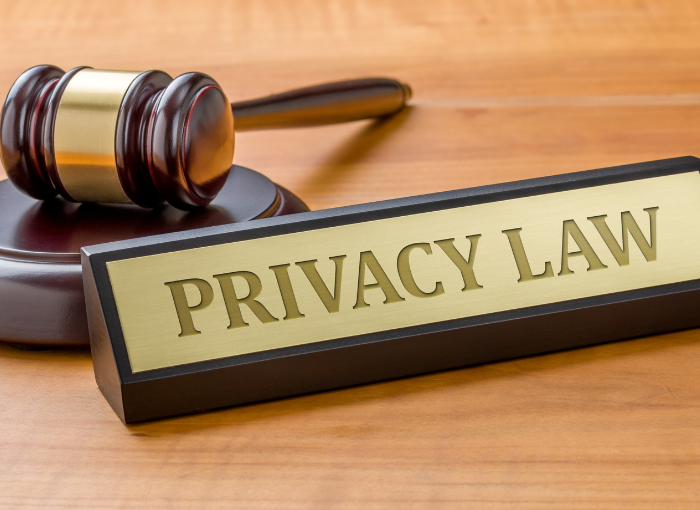Student Privacy’s History of Unintended Consequences
Student Privacy’s History of Unintended Consequences June 2020 Amelia Vance and Casey Waughn1 Previously published in the Seton Hall Journal of Legislation and Public Policy I. INTRODUCTION It is difficult to imagine a world in which schools cannot print students’ names on the honor roll or in school playbills; announce student athletes’ names, heights, and weights at the start of a game; and share financial aid information with appropriate institutions to ensure that students can finance their education. Yet, in the months following the enactment of the Family Educational Rights and Privacy Act (FERPA) of 1974, and forty years […]
Student Privacy’s History of Unintended Consequences Read More »





